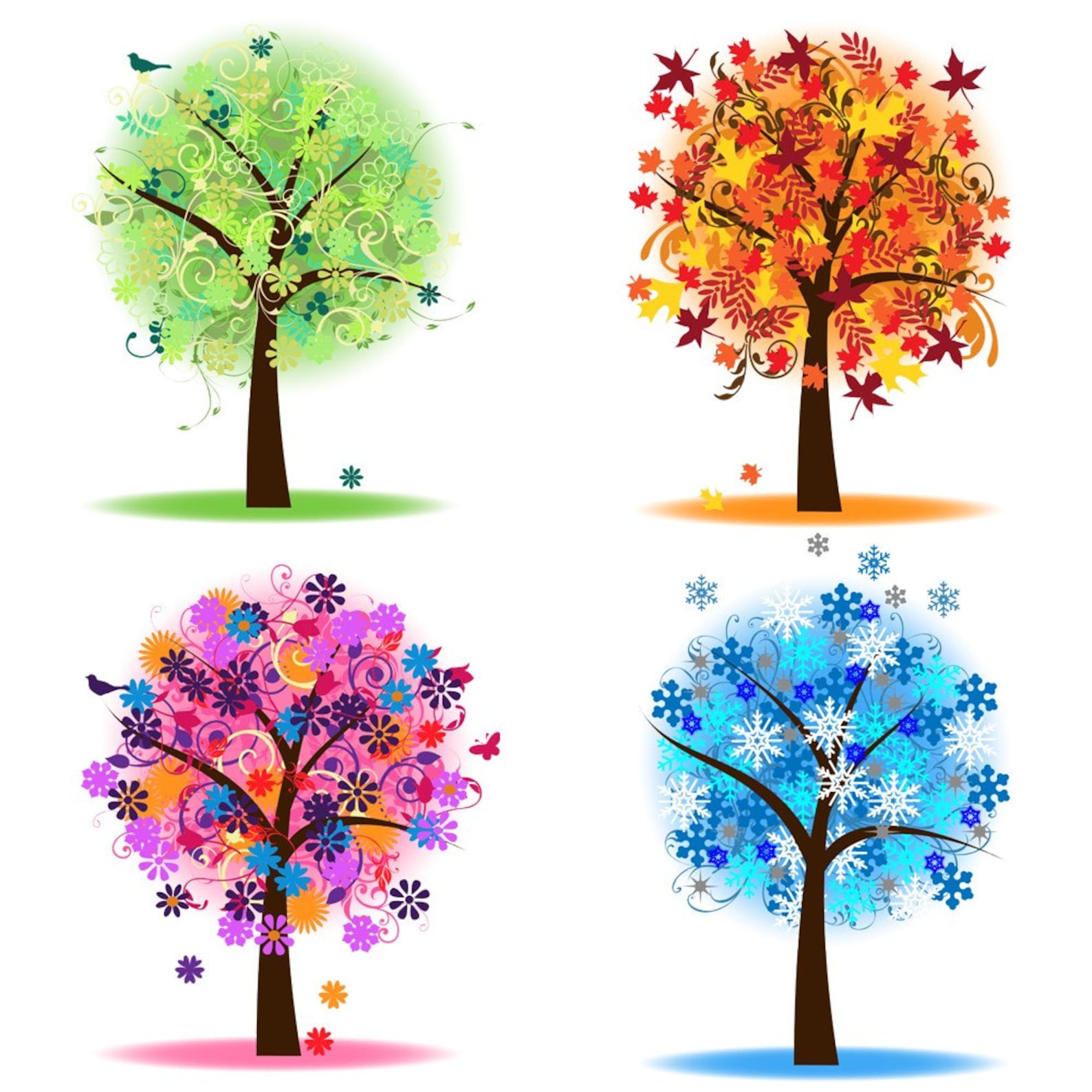

a tender and endearing children’s book with gentle rhyming text that’s easy to read aloud.a poetic and joyful celebration of love between a parent or grandparent and a child.recommended for children aged 3 and up.I Love You Through Winter, Spring, Summer, and Fall is: A beautiful reminder to return to again and again for the cherished occasion of simply being loved. This sweet poem about a parent’s unconditional love conveys that a child is loved no matter what, every day, every season. When the going gets tough, we’ll go through it together. Picture Books 5 & Younger Honorable MentionĢ021 INDIES TODAY AWARD A BookBub Featured Deal

Picture Books – Preschool Honorable Mention Picture Books 5 & Younger Silver Medal WinnerĬhildren’s Picture Book (0-5 Years) FinalistĢ022 THE ERIC HOFFER AWARD Distinguished Favorite In verse (e.g., songs, poetry), there is far more leniency on the rules for capitalization.Recommended for readers aged 3 and up Gold Medal WinnerĬhildren’s Picture Book Illustration (Best Illustrator) WinnerĬhildren’s Picture Book: Hardcover Fiction Winner That said, if you are personifying a season, there's a fair chance you're not compiling a business document. However, we judge this style to be unaligned with conventional grammar. It has its roots in the idea that the season name becomes a person's name (i.e., a proper noun).

(In this example, "Autumn" has been given a human trait.) The leaves had been subjected to Autumn's touch.(In this example, "Winter" has been given a human trait.) (Author Gary Zukav)īe aware there is an old ruling that states the following: "If a season is given a human trait (i.e., personified), then it can be given a capital letter." At the Winter Solstice, the wind is cold, trees are bare and all lies in stillness beneath blankets of snow. At the Summer Solstice, all is green and growing, potential coming into being, the miracle of manifestation painted large on the canvas of awareness. Each solstice is a domain of experience unto itself.There were some incredible masks at the Rhine Winter Ball.In the examples below, the proper nouns are in bold. If a season name forms part of a name (i.e., a proper noun), then give it a capital letter. There is a harmony in autumn, and a luster in its sky, which through the summer is not heard or seen, as if it could not be, as if it had not been! (English poet Percy Bysshe).Laughter is the sun that drives winter from the human face.Therefore, it is correctly written with capital letter.) (In this example, the word "Winter" does form part of a proper noun. Therefore, it should be written with a lowercase letter.) (In this example, the word "Winter" does not form part of a proper noun. This is the second time I have been skiing this Winter.This is why the seasons are not given capital letters.Įxamples of Lowercase and Capital Letters and the Seasonsīelow are some examples of the seasons being used in sentences. The names of the seasons are common nouns (the words we use for things, e.g., boy, dog, bridge) not proper nouns (the names we give to things, e.g., Peter, Rover, The Golden Gate Bridge). The four seasons (spring, summer, autumn ( ) / fall ( ), and winter) are not written with capital letters. (In this example, "Winter" is part of the name "Winter Mountain River.") The seasons are not written with capital letters unless they form part of a name.


 0 kommentar(er)
0 kommentar(er)
